|
The recent session of the U.S. Supreme Court will likely be remembered for two major rulings implicating fundamental separation of powers doctrine: Trump v. United States, establishing presumptive immunity from prosecution for official presidential acts; and Loper Bright Enterprises v. Raimondo, dispensing with the long-established “Chevron Two Step” granting deference to a federal agency’s interpretation of statutes. In both instances, the Court reaffirmed our constitutional system of checks and balances, including protection against encroachment on the powers and privileges of one branch of government by another.
Against the backdrop of those headline-dominating developments, the Supreme Court also took on several important First Amendment cases, with results that were constitutionally sound. Below are the highlights – and summaries – of the Court’s First Amendment jurisprudence released in recent weeks. Food and Drug Administration v. Alliance for Hippocratic Medicine In a unanimous ruling, the Supreme Court rejected a challenge to the Food and Drug Administration’s regulation of the abortion drug mifepristone. Little noticed by the media, the Court’s opinion also firmly nailed down the conscience right of physicians to abstain from participating in abortions and prescribing the drug. Writing for the Court, Justice Kavanaugh said that the Church Amendments, which prohibit the government from imposing requirements that violate the conscience rights of physicians and institutions, “allow doctors and other healthcare personnel to ‘refuse to perform or assist’ an abortion without punishment or discrimination from their employers.” From now on, any effort to restrict or violate the conscience rights of healers will go against the unanimous opinion of all nine justices of the U.S. Supreme Court. Vidal v. Elster The Supreme Court, in another unanimous decision, overturned a lower court ruling that found that the U.S. Patent and Trademark Office’s denial of an application to trademark a phrase including the name “Trump” violated the filer’s First Amendment rights. Writing for the Court, Justice Thomas wrote that “[o]ur courts have long recognized that trademarks containing names may be restricted.” But such trademark restrictions, while “content-based” must be “viewpoint neutral.” This opinion prevents commercial considerations to scissor out pieces of the national debate. While the decision rejected a novel First Amendment claim to a speech-restricting trademark, it affirms sound First Amendment principles and protects the speech of all others who would discuss and debate the virtues and vices of prominent public figures. The Court was right to refuse the endorsement of a government-granted monopoly on a phrase about a presidential candidate. NRA v. Vullo NRA v. Vullo – yet another unanimous opinion – cleared the way for the National Rifle Association to pursue a First Amendment claim against a New York insurance regulator who had twisted the arms of insurance companies and banks to blacklist the group. Maria Vullo, former superintendent of the New York State Department of Financial Services, met with Lloyd’s of London executives in 2018 to bring to their attention technical infractions that plagued the affinity insurance market in New York, unrelated to NRA business. Vullo told the executives that she would be “less interested” in pursuing these infractions “so long as Lloyd’s ceased providing insurance to gun groups.” She added that she would “focus” her enforcement actions “solely” on the syndicates with ties to the NRA, “and ignore other syndicates writing similar policies.” The Court found for the NRA, writing that, “[a]s alleged, Vullo’s communications with Lloyd’s can be reasonably understood as a threat or as an inducement. Either of those can be coercive.” The Supreme Court’s opinion vacates the Second Circuit’s ruling to the contrary and remands the case to allow the lawsuit to continue. As the Court wrote, “the critical takeaway is that the First Amendment prohibits government officials from wielding their power selectively to punish or suppress speech, directly or (as alleged here) through private intermediaries.” And we wholeheartedly agree – censorship by proxy is still government censorship. Moody v. NetChoice In one of two cases involving the nexus of government and social media, the Court seemed to punt on making a final decision on the constitutionality of laws from Florida and Texas restricting the ability of social media companies to regulate access to, and content on, their platforms. Many commentators believed the Court would resolve a split between the Fifth Circuit (upholding a Texas law restricting various forms of content moderation and imposing other obligations on social media platforms) and the Eleventh Circuit (which upheld the injunction against a Florida law regulating content and other activities by social media platforms and by other large internet services and websites). The Court’s ruling was expected to resolve the hot-button issue of whether Facebook and other major social media platforms can depost and deplatform. Instead, the Court found fault with the scope and precision of both the Fifth and the Eleventh Circuit opinions, vacating both of them and telling the lower courts to drill down on the varied details of both laws and be more precise as to the First Amendment issues posed by such different provisions. The opinion did, however, offer constructive guidance with ringing calls for stronger enforcement of First Amendment principles as they relate to the core activities of content moderation. The opinion, written by Justice Elena Kagan, declared that: “On the spectrum of dangers to free expression, there are few greater than allowing the government to change the speech of private actors in order to achieve its own conception of speech nirvana.” Murthy v. Missouri In what looked to be a major case regarding the limits of government “jawboning” to get private actors to restrict speech, the Court instead decided that Missouri, Louisiana, and five individuals whose views were targeted by the government for expressing misinformation could not demonstrate a sufficient connection between the government’s action and their ultimate deplatforming by private actors. Accordingly, the Court’s reasoning in this 6-3 decision is that the two states and five individuals lacked Article III standing to bring this suit. A case that could have defined the limits of government involvement in speech for the central media of our time was thus deflected on procedural grounds. Justice Samuel Alito, in a fiery dissent signed by Justices Clarence Thomas and Neil Gorsuch, criticized the punt, calling Murthy v. Missouri “one of the most important free speech cases to reach this Court in years.” Fortunately, NRA v. Vullo, discussed above, sets a solid baseline against government efforts to pressure private actors to do the government’s dirty work in suppressing speech the government does not like. Later cases will, we hope, expand upon that base. Secret communications from the government to the platforms to take down one post or another is inherently suspect under the Constitution and likely to lead us to a very un-American place. Let us hope that the Court selects a case in which it accepts the standing of the plaintiffs in order to give the government, and our society, a rule to live by. Gonzalez v. Trevino Protect The 1st has reported on the case of Sylvia Gonzalez, a former Castle Hills, Texas, council member who was arrested for allegedly tampering with government records back in 2019. In fact, she merely misplaced them, and was subsequently arrested, handcuffed, and detained in what was likely a retaliatory arrest for criticizing the city manager. In turn, Gonzalez brought suit. Gonzalez’s complaint noted that she was the only person charged in the past 10 years under the state’s government records law for temporarily misplacing government documents. In 2019’s Nieves v. Bartlett, the Supreme Court found that a plaintiff can generally bring a federal civil rights claim alleging retaliation if they can show that police did not have probable cause. The Court also allowed suit by plaintiffs claiming retaliatory arrests if they could show that others who engaged in the same supposedly illegal conduct, but who did not engage in protected but disfavored speech, were not arrested. The U.S. Court of Appeals for the Fifth Circuit threw out Gonzalez’s case, finding that she would have had to offer examples of those who had mishandled a government petition in the same way that she had but – unlike her – were not arrested. The Supreme Court, by contrast, found that, “[a]lthough the Nieves exception is slim, the demand for virtually identical and identifiable comparators goes too far.” The Court thus made it a bit easier for the victims of First Amendment retaliation to sue government officials who would punish people for disfavored speech. The controversy will now go back to the Fifth Circuit for reconsideration. *** While the Court avoided some potentially landmark decisions on procedural grounds, and offered a mixed bag of decisions concerning plaintiffs’ ability to obtain redress against potential First Amendment violations, the majority consistently showed a strong desire to protect First Amendment principles – shielding people and private organizations from government-compelled speech. NetChoice v. Texas, FloridaWhen the U.S. Supreme Court put challenges to Florida and Texas laws regulating social media content moderation on the docket, it seemed assured that this would be one of the yeastiest cases in recent memory. The Supreme Court’s majority opinion came out Monday morning. At first glance, the yeast did not rise after all. These cases were remanded back to the appellate courts for a more thorough review.
But a closer look at the opinion shows the Court offering close guidance to the appellate court, with serious rebukes of the Texas law. Anticipation was high for a more robust decision. The Court was to resolve a split between the Fifth Circuit, which upheld the Texas law prohibiting viewpoint discrimination by large social media platforms, while the Eleventh Circuit upheld the injunction against a Florida law regulating the deplatforming of political candidates. The Court’s ruling was expected to resolve once and for all the hot-button issue of whether Facebook and other major social media platforms can depost and deplatform. Instead, the Court found fault with the scope and precision of both the Fifth and the Eleventh Circuit opinions, vacating both of them. The majority opinion, authored by Justice Elena Kagan, found that the lower courts failed to consider the extent to which their ruling would affect social media services other than Facebook’s News feed, including entirely different digital animals, such as direct messages. The Supreme Court criticized the lower courts for not asking how each permutation of social media would be impacted by the Texas and Florida laws. Overall, the Supreme Court is telling the Fifth and Eleventh to drill down and spell out a more precise doctrine that will be a durable guide for First Amendment jurisprudence in social media content moderation. But today’s opinion also contained ringing calls for stronger enforcement of First Amendment principles. The Court explicitly rebuked the Fifth Circuit for approval of the Texas law, “whose decision rested on a serious misunderstanding of the First Amendment precedent and principle.” It pointed to a precedent, Miami Herald Publishing Co. v. Tornillo, in which the Court held that a newspaper could not be forced to run a political candidate’s reply to critical coverage. The opinion is rife with verbal minefields that will likely doom the efforts of Texas and Florida to enforce their content moderation laws. For example: “But this Court has many times held, in many contexts, that it is no job for government to decide what counts as the right balance of private expression – to ‘un-bias’ what it thinks is biased, rather than to leave such judgments to speakers and their audiences.” The Court delved into the reality of content moderation, noting that the “prioritization of content” selected by algorithms from among billions of posts and videos in a customized news feed necessarily involves judgment. An approach without standards would turn any social media site into a spewing firehose of disorganized mush. The Court issued a brutal account of the Texas law, which prohibits blocking posts “based on viewpoint.” The Court wrote: “But if the Texas law is enforced, the platforms could not – as they in fact do now – disfavor posts because they:
So what appeared on the surface to be a punt is really the Court’s call for a more fleshed out doctrine that respects the rights of private entities to manage their content without government interference. For a remand, this opinion is surprisingly strong – and strong in protection of the First Amendment. Trademarks support brand integrity in the marketplace, including through certain restrictions on commercial speech. But what about the use of a living person’s name, specifically “Trump Too Small”? (If you don’t know what this means, we’ll let you Google it.) Merchant Steve Elster wanted to register that phrase as a trademark to sell T-shirts. The U.S. Patent and Trademark Office denied his application. A lower court, however, held that the government violated Elster’s First Amendment rights.
The Supreme Court today, in a unanimous decision, overturned that ruling and held that the phrase with the former president’s name cannot be trademarked. “Our courts have long recognized that trademarks containing names may be restricted,” Justice Clarence Thomas wrote for the majority. But such trademark restrictions, while “content-based” must be “viewpoint neutral.” Justice Barrett wrote that the “government can reasonably determine that, on the whole, protecting marks that include another living person’s name without consent risks undermining the goals of trademark.” This is in keeping with a 1946 trademark law that bans the registration of any trademark that uses a living person’s name without their written consent. Justice Sonia Sotomayor in a concurrence wrote that First Amendment considerations should be applied. She emphasized that First Amendment constraints can be respected without undermining traditional trademark rules. Both sides have a point in law and in principle. Not only did the Court protect the name of a living person, it also refused to enforce a government monopoly on a phrase about a presidential candidate. To take a more generic example, suppose someone trademarked a phrase about Trump or Biden being too old, or too extreme, or too apt to take vacations. Imagine the complexities of a marketplace with thousands of products engaging in a national discussion about presidential candidates with select phrases off limits to anyone who didn’t want to pay or seek written permission to use them. The Court was right to prevent commercial considerations from scissoring out pieces of the national debate. As a result of the Court’s decision, the public remains free to debate – in print, on T-shirts, on mugs, or on TV – the Goldilocks question of whether Trump is too small, too large, or just right. Now that is free speech. The media is abuzz today about the unanimous ruling by the U.S. Supreme Court that rejected a challenge to the Food and Drug Administration’s regulation for the use of the abortion drug mifepristone. What’s overlooked, however, is that the Court’s opinion, authored by Justice Brett Kavanaugh, firmly nails down the conscience right of physicians and healers to abstain from participating in abortions and prescribing mifepristone.
This opinion firms up national policy on conscience rights. At a time when some in the federal bureaucracy and the states seem determined to chip away at conscience rights, the Court’s opinion will act as a concrete bollard to block further efforts at encroachment. Justice Kavanaugh wrote that the Church Amendments, which prohibit the government from imposing requirements that violate the conscience rights of physicians and institutions, “allow doctors and other healthcare personnel to ‘refuse to perform or assist’ an abortion without punishment or discrimination from their employers.” The Court’s opinion also repeatedly quotes the Biden Administration in affirming that “federal conscience protections encompass ‘the doctor’s beliefs rather than particular procedures’ … As the Government points out, that strong protection for conscience remains true even in a so-called healthcare desert, where other doctors are not readily available.” The opinion notes as a matter of law and fact that federal conscience laws have protected pro-life doctors ever since the FDA approved mifepristone in 2000. The pro-life plaintiffs in this case argued that the Emergency Medical Treatment and Labor Act (EMTALA) might be interpreted to require individual emergency room doctors to participate in emergency abortions. But the administration rejected that reading of EMTALA, and the Court declared today “we agree with the Government’s view of EMTALA on that point.” These declarations are not as sensational as upholding a drug that is used for the majority of pregnancy terminations. From now on, however, any effort to restrict or violate the conscience rights of healers will go against the declared intent of the Biden Administration and the unanimous opinion of all nine Justices of the U.S. Supreme Court. “At the heart of the First Amendment’s Free Speech Clause is the recognition that viewpoint discrimination is uniquely harmful to a free and democratic society.”
This declaration comes from a unanimous opinion, authored by Justice Sonia Sotomayor, that clears the way for the National Rifle Association to pursue a First Amendment claim against a New York insurance regulator who had twisted the arms of insurance companies and banks to blacklist the Second Amendment advocacy group. The NRA was represented by Protect The 1st Senior Legal Advisor Eugene Volokh, as well as the American Civil Liberties Union. Maria T. Vullo, superintendent of New York’s Department of Financial Services, had earlier found that NRA’s affinity insurance benefits for members were constructed and sold in a way that violated New York law. Vullo then pushed beyond her regulatory purview into an attempt to punish speech. Vullo met with Lloyd’s of London executives in 2018 to bring to their attention technical infractions that plagued the affinity insurance market in New York, unrelated to NRA business. Vullo told the executives that she would be “less interested” in pursuing these infractions “so long as Lloyd’s ceased providing insurance to gun groups.” She added that she would “focus” her enforcement actions “solely” on the syndicates with ties to the NRA, “and ignore other syndicates writing similar policies.” Vullo followed up with guidance letters to insurance companies and financial services firms extolling the severance of ties with the NRA as a way for companies to fulfill their “corporate social responsibility.” “As alleged, Vullo’s communications with Lloyd’s can be reasonably understood as a threat or as an inducement,” the Court found. “Either of those can be coercive.” The Court quoted a Seventh Circuit opinion regarding a sheriff who interfered with a website by coercing its payment-services providers: “The analogy is to killing a person by cutting off his oxygen rather than by shooting him.” The core of the Court’s opinion rested on Bantam Books v. Sullivan, which involved a Rhode Island state commission that sought to censor books by prohibiting distributors from moving targeted books to stores. Compliance was assured by police offers dispatched to the distribution companies to check their records. The Supreme Court held that the commission’s actions amounted to censorship. In this case, the Court found: “Ultimately, Bantam Books stands for the principle that a government official cannot do indirectly what she is barred from doing directly: A government official cannot coerce a private party to punish or suppress disfavored speech on her behalf.” The Supreme Court’s opinion vacates the Second Circuit’s reversal of a lower court opinion, and remands it for adjudication under this ruling. When that case is heard again, the judges of the Second Circuit will have these words of this unanimous opinion ringing in their ears: “[T]he critical takeaway is that the First Amendment prohibits government officials from wielding their power selectively to punish or suppress speech, directly or (as alleged here) through private intermediaries.” Can a protest organizer be held civilly liable for the unlawful actions of another at a demonstration? That’s the question at issue in McKesson v. Doe, one with significant implications for protected speech.
The case’s circuitous journey through the courts started in 2016, when an anonymous Louisiana law enforcement officer was struck with a “rock-like” object hurled by an unknown person at a Black Lives Matter protest. This was a despicable act of violence that was in no sense expressive speech. Those who commit such acts of violence must be prosecuted to the fullest extent of the law. But what is the liability of those who organize a peaceful protest that is infiltrated by the violent? Plaintiff John Doe brought suit against activist DeRay McKesson, who organized the event, on the theory that McKesson’s role as the event organizer encompassed a duty to protect everyone present. In 2020, the U.S. Supreme Court vacated the Fifth Circuit’s decision against McKesson, which upheld a novel theory from Doe of “negligent protest.” The Court remanded the case to the Louisiana Supreme Court, instructing it to analyze whether state law actually provides for negligence liability in such situations. This decision seems to ignore precedent in NAACP v. Claiborne Hardware, which held that “[c]ivil liability may not be imposed merely because an individual belonged to a group, some members of which committed acts of violence.” The Louisiana Supreme Court ultimately reached the conclusion that state tort law does, in fact, provide Doe with a cause of action. As a result, the Fifth Circuit reinstated its ruling and the case returned again to the highest court in the land. Notably, the Supreme Court ruled in the intervening years in Counterman v. Colorado that a subjective, mens rea standard (meaning specific intent, not just negligence) is required for a finding of liability in lawsuits that seek to punish speech. Justice Kagan wrote that the “First Amendment precludes punishment, whether civil or criminal, unless the speaker’s words were ‘intended’ (not just likely) to produce imminent disorder.” Accordingly, in an order rejecting certiorari in the McKesson case earlier this month, Justice Sotomayor strongly implied that the Court has already settled this question of law. She wrote, “Although the Fifth Circuit did not have the benefit of this Court’s recent decision in Counterman when it issued its opinion, the lower courts now do. I expect them to give full and fair consideration to arguments regarding Counterman’s impact in any future proceedings in this case.” The Supreme Court clearly wants to allow some deference to state law. However, it seems entirely reasonable to require a showing of intent in situations involving the random outbreak of violence at protests. Failure to do so could have a significant, chilling effect on political speech. If civil liability can be assigned for merely organizing an event, then we’re likely to see a lot less civil discourse in the future. Journalists have similar concerns. As the Reporters Committee for Freedom of the Press explains, protecting against liability for the “uncoordinated,” lawless actions of others “is a critical safeguard for reporters who attend tumultuous events where violence may break out — political rallies, say, or mass demonstrations — in order to bring the public the news.” It remains possible the Fifth Circuit may reevaluate its ruing in light of Counterman, but it’s disappointing that the Supreme Court declined to weigh-in in a meaningful way. When states start imposing low liability thresholds on protestors, it jeopardizes First Amendment protections for all of us. Lindke v. Freed The U.S. Supreme Court is set to address several critical free-speech cases this session related to speech rights in the context of social media. One of those questions was recently settled, with the Court ruling on whether an official who blocks a member of the public from their social media account is engaging in a state action or acting as a private citizen. Answer: It depends on the context.
Writing for a unanimous Court in the case of Lindke v. Freed, Justice Amy Coney Barrett reaffirmed that members of the public can sue a public official where their actions are “attributable to the State” (consistent with U.S.C. §1983). In order to make that determination, the Court issued a new test, holding that: “A public official who prevents someone from commenting on the official’s social-media page engages in state action under §1983 only if the official both (1) possessed actual authority to speak on the State’s behalf on a particular matter, and (2) purported to exercise that authority when speaking in the relevant social-media posts.” This is a holistic analysis, consistent with the Protect The 1st amicus brief filed in O’Connor-Ratcliff v. Garnier. We argued that “no single factor is required to establish state action; rather, all relevant factors must be considered together to determine whether an account was operated under color of law.” That case, along with the Court’s banner case, Lindke v. Freed, is now vacated and remanded for new proceedings consistent with the Court’s novel test. When, as the Court acknowledges, “a government official posts about job-related topics on social media, it can be difficult to tell whether the speech is official or private.” So the Court set down rules. A state actor must have the actual authority – traced back to “statute, ordinance, regulation, custom, or usage” – to speak on behalf of the state. However, should an account be clearly designated as “personal,” an official “would be entitled to a heavy (though not irrebuttable) presumption that all of the posts on [their] page were personal.” In Lindke v. Freed, the public official’s Facebook account was neither designated as “personal” nor “official.” Therefore, a fact-specific analysis must be undertaken “in which posts’ content and function are the most important considerations.” As the Court explains: “A post that expressly invokes state authority to make an announcement not available elsewhere is official, while a post that merely repeats or shares otherwise available information is more likely personal. Lest any official lose the right to speak about public affairs in his personal capacity, the plaintiff must show that the official purports to exercise state authority in specific posts.” When a public official blocks a citizen from commenting on any of his posts on a “mixed-use” social media account, he risks liability for those that are professional in nature. Justice Barrett writes that a “public official who fails to keep personal posts in a clearly designated personal account therefore exposes himself to greater potential liability.” It's always been good policy to keep official and private accounts separate. The public must be able to have access to government-issued information, whether through a social media account or a public notice posted on the door of a government building. Moreover, citizens should be able to speak on issues of public concern, whether through Facebook or in a public square. Officials – presidents and former presidents included – should take note. In November, we reported on a controversy in the San Antonio suburb of Castle Hills, which epitomizes the growing trend of using the law to punish disfavored speech. The Supreme Court’s recent argument reveals several justices showing solidarity with the arrested party.
Here are the facts: Sylvia Gonzalez was elected to a seat on the Castle Hills city council in 2019. During her first council meeting, a resident submitted a petition to remove the city manager – a petition spearheaded by Gonzalez – and it wound up in Gonzalez’s personal binder of documents. After being asked for the petition by the mayor, Gonzalez found it among her effects and handed it over. The mayor initiated an investigation into Gonzalez under a Texas statute providing that “[a] person commits an offense if he […] intentionally destroys, conceals, removes, or otherwise impairs the verity, legibility, or availability of a governmental record.” A warrant was subsequently served against Gonzalez, who was taken to jail and resigned from the council in humiliation. Gonzalez claims her arrest was retaliatory – trumped-up charges based on a little enforced statute and stemming from her support for removing the city manager. At issue is a legal doctrine known as the “jaywalking exception,” which guards against law enforcement arresting people for protected speech under the guise of some other petty statutory violation. In Nieves v. Bartlett, the Supreme Court held that retaliatory arrest claims may proceed where probable cause exists – as it technically did with Gonzalez – but a plaintiff is arrested in a situation where officers “typically exercise their discretion not to do so.” In such circumstances, a plaintiff must present “objective evidence that he was arrested when otherwise similarly situated individuals not engaged in the same sort of protected speech had not been.” Attempting to satisfy the exception, Gonzalez presented evidence that not one of 215 grand jury felony indictments in Bexar County under a tampering statute over the preceding decade involved an allegation remotely similar to the one levied against her. The Fifth Circuit found this insufficient, holding that Nieves requires comparative evidence of individuals who engaged in the “same” criminal conduct but were not arrested. In other words, going by the Fifth Circuit’s interpretation, Gonzalez would have to find specific instances of people who misplaced government documents but were not arrested. How would anyone even find such instances? The Fifth Circuit tasked her with proving a negative. If the Fifth Circuit’s decision is left in place, Protect The 1st explained it would make it easier for law enforcement or other government officials to punish critics for expressing protected speech based on novel applications of relatively minor criminal laws. It also sets the evidentiary bar so high that few could ever hope to prove their case in a court of law. During oral arguments, several justices seemed to agree. Justice Gorsuch, speaking about the many unenforced statutes on the books, said: “You're saying they can all sit there unused, except for one person who alleges that ‘I was the only person in America who's ever been prosecuted for this because I dared express a view protected by the First Amendment,’ and that's not actionable?” Justice Kagan, clearly thinking along the same lines, said the plaintiff has “solid objective evidence” that they were treated differently than similarly situated persons, noting: “You should be able to say, ‘They've never charged somebody with this kind of crime before and I don't have to go find a person who has engaged in the same conduct.’” Justice Jackson made similar remarks, while Chief Justice Roberts, who authored Nieves, seemed to take the other side, questioning whether expanding the evidentiary basis for refuting probable cause is consistent with the Court’s earlier ruling. It “seems to me to be inconsistent,” he said. Justice Kavanaugh likewise noted, "If you intentionally stole a government document at a government proceeding — that's not nothing.” Why Gonzalez would want to hide a petition she helped organize is far from clear. Her conduct was so benign that the only inference one can reasonably draw is that she was the target of retaliation. Protect The 1st hopes the Court sides with her and makes it clear they will hold public officials accountable for weaponizing the law against those who speak their minds. Dissenting Judge: “Will prevent worshipers from ever again exercising their religion” |
Archives
June 2024
Categories
All
|
ABOUT |
ISSUES |
TAKE ACTION |







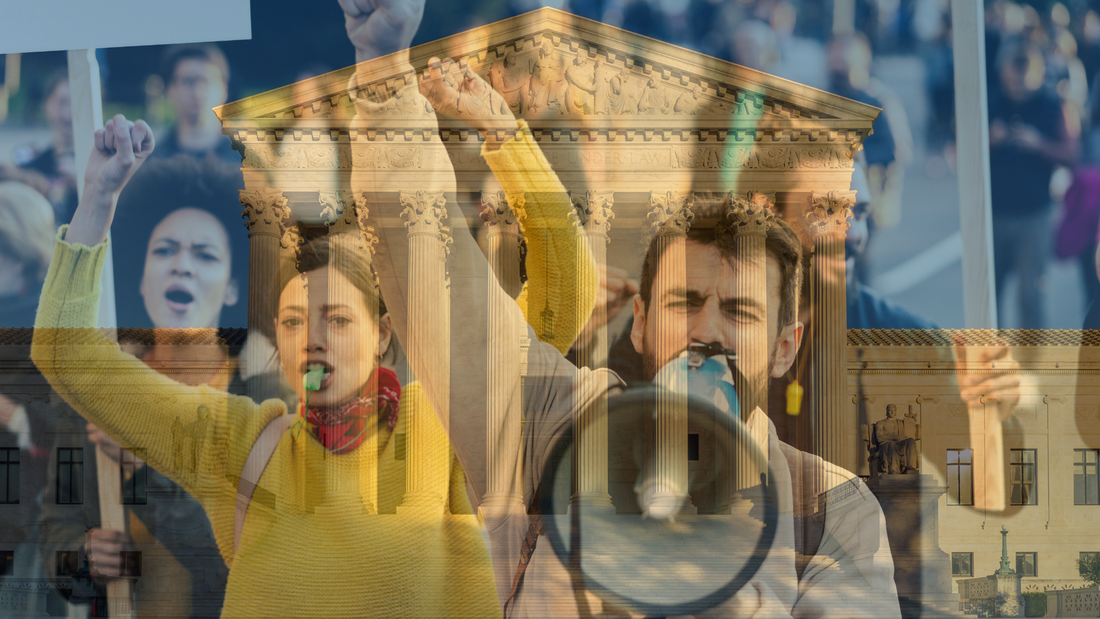
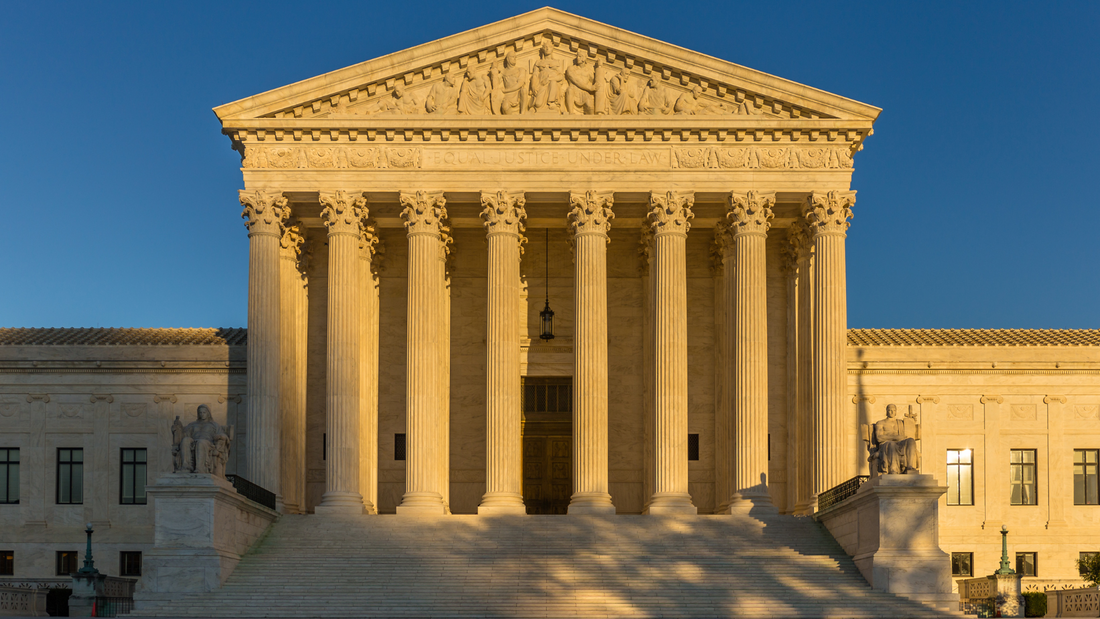
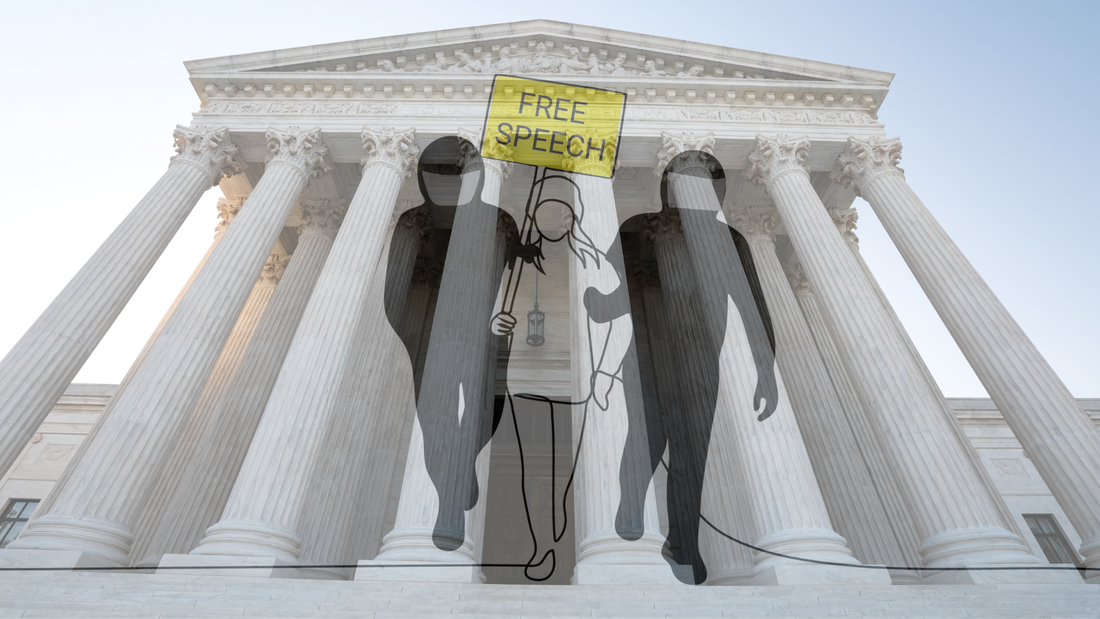

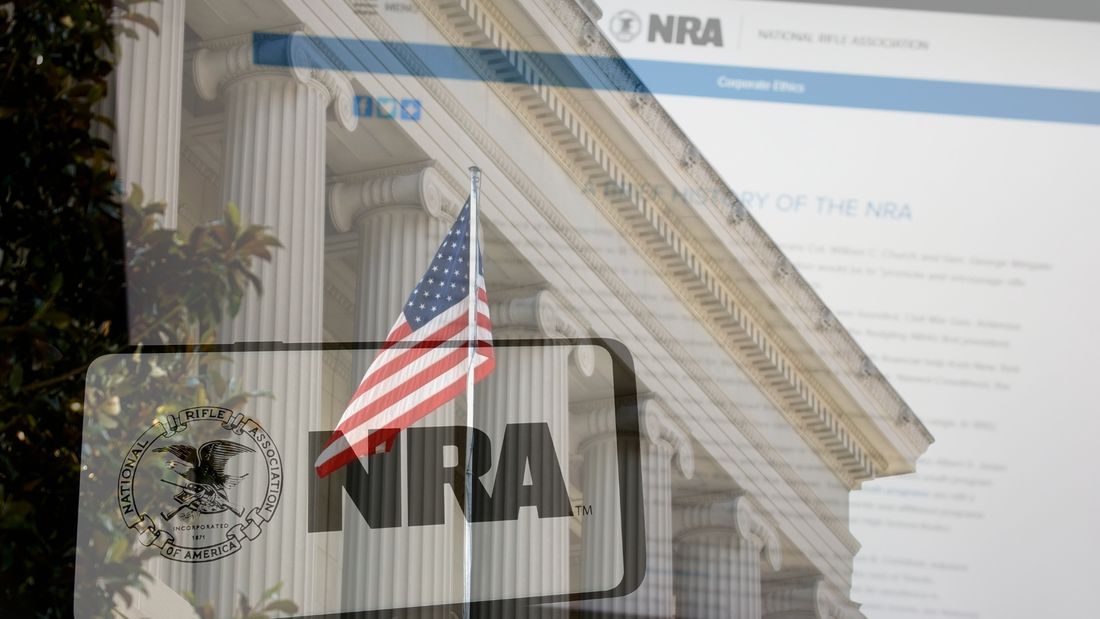
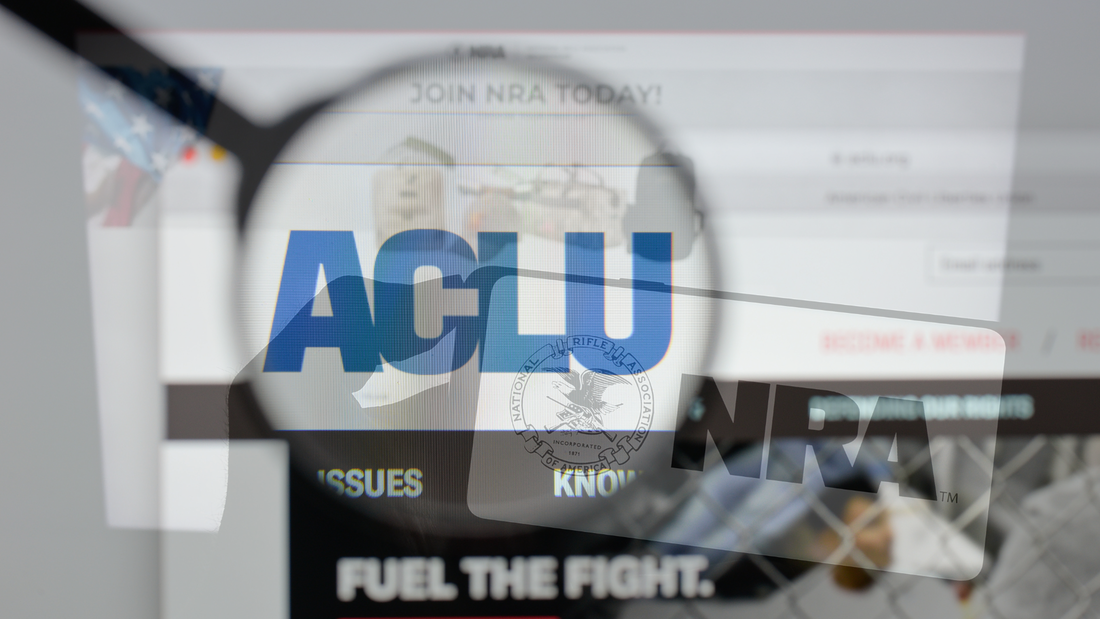
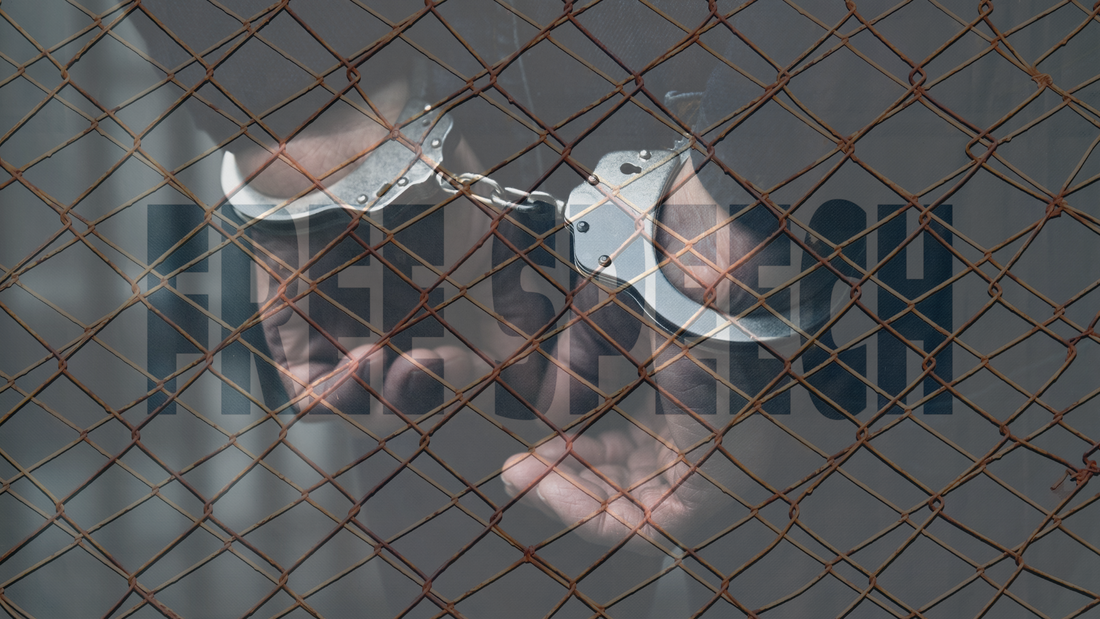
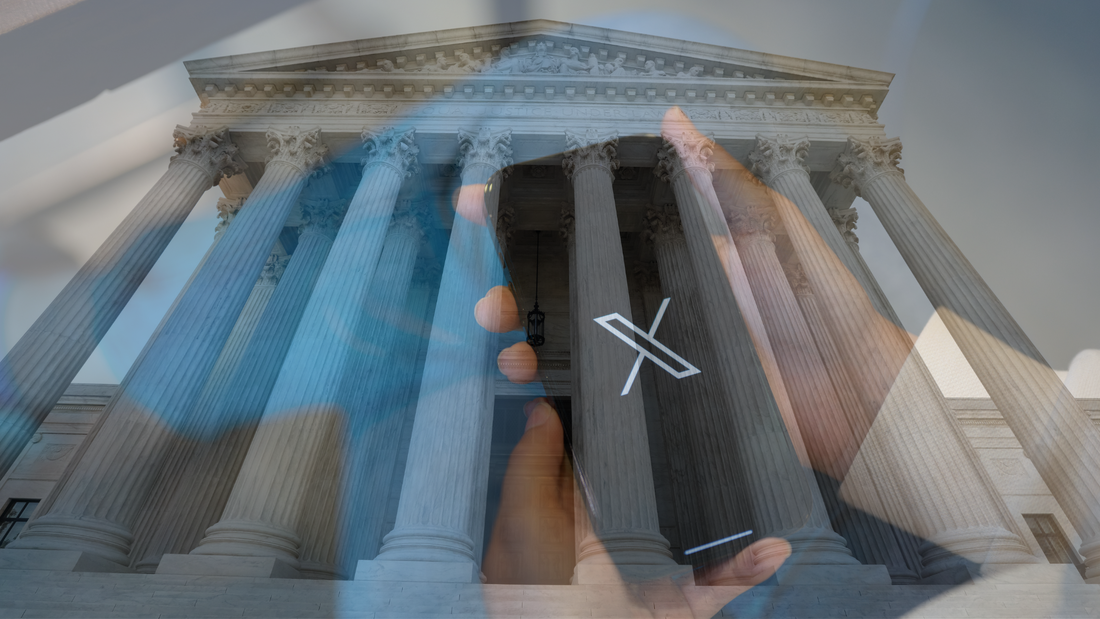
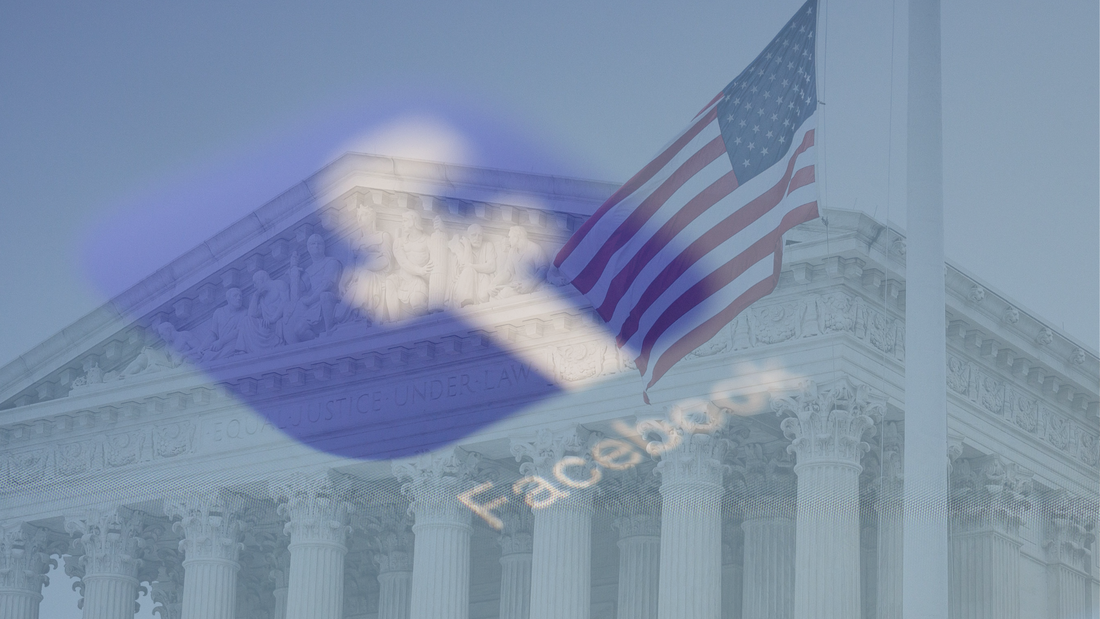
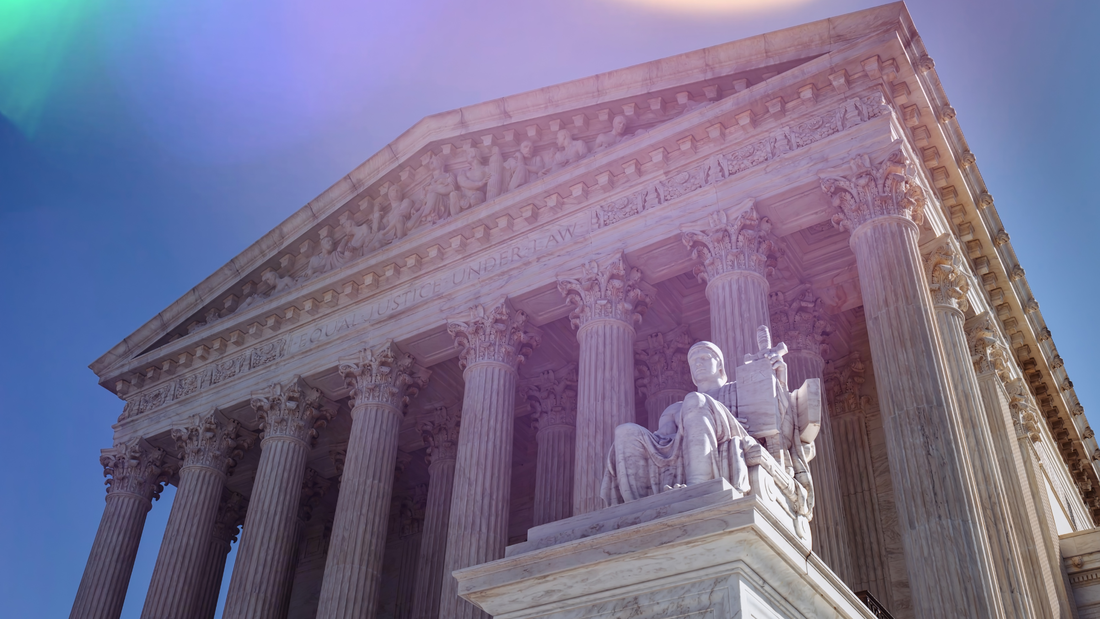
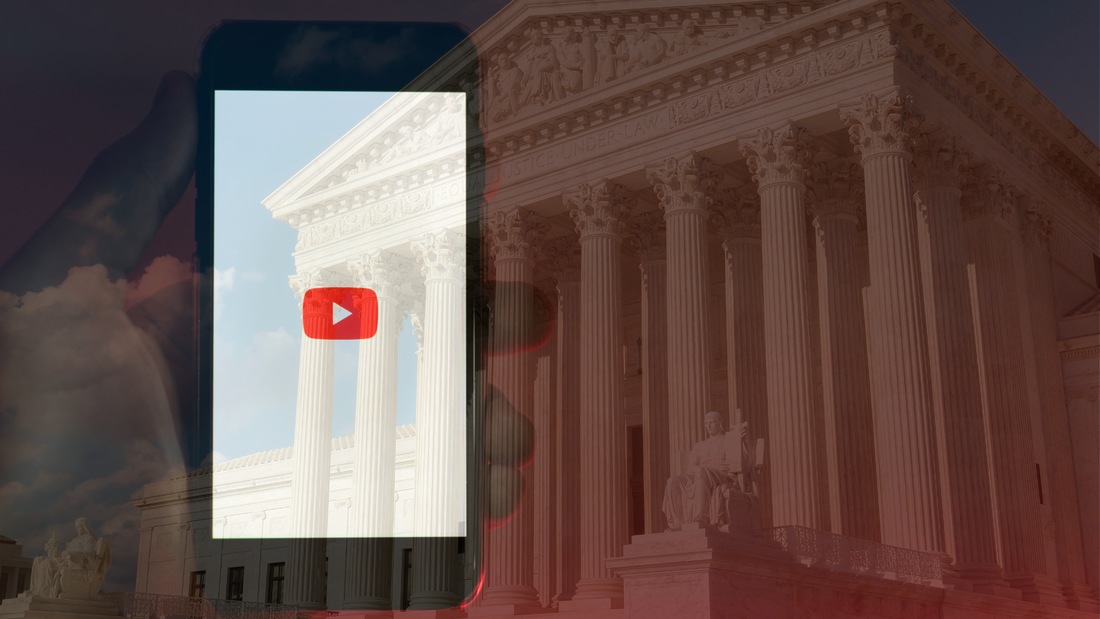
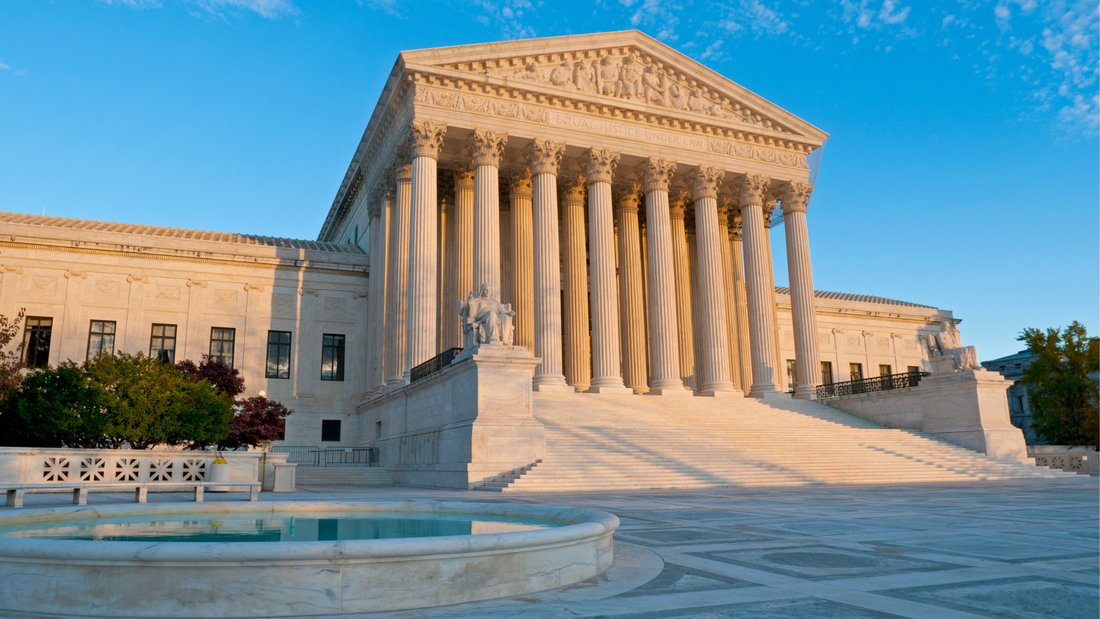
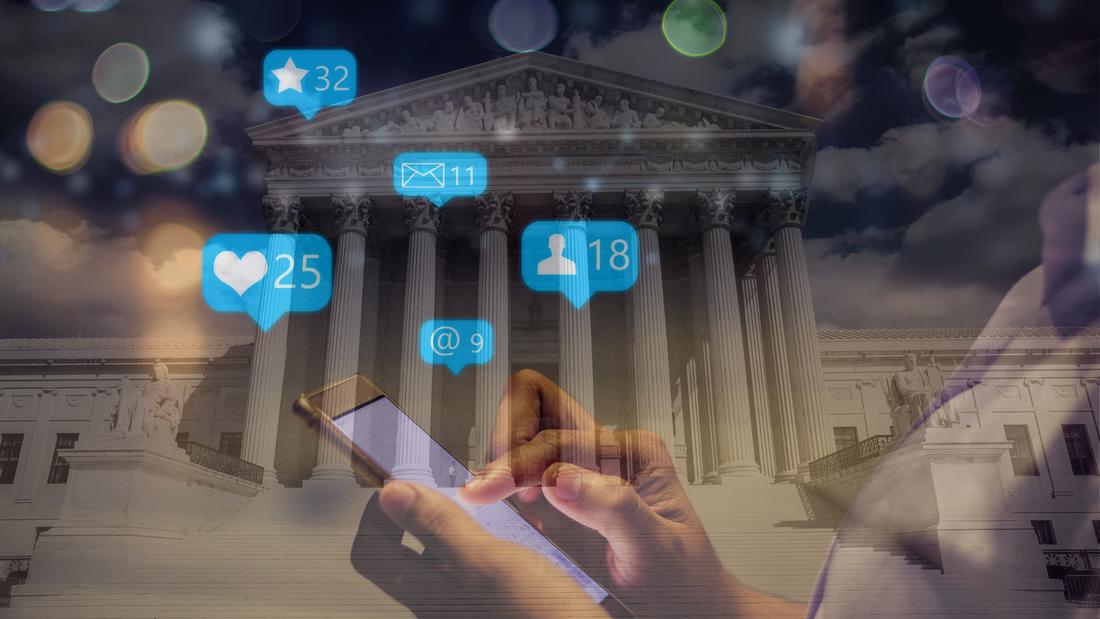
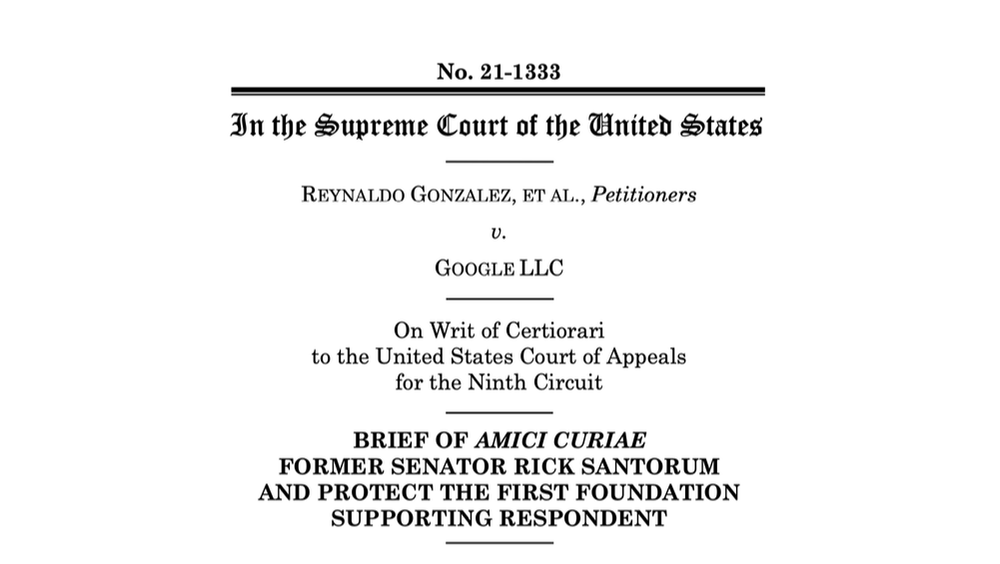
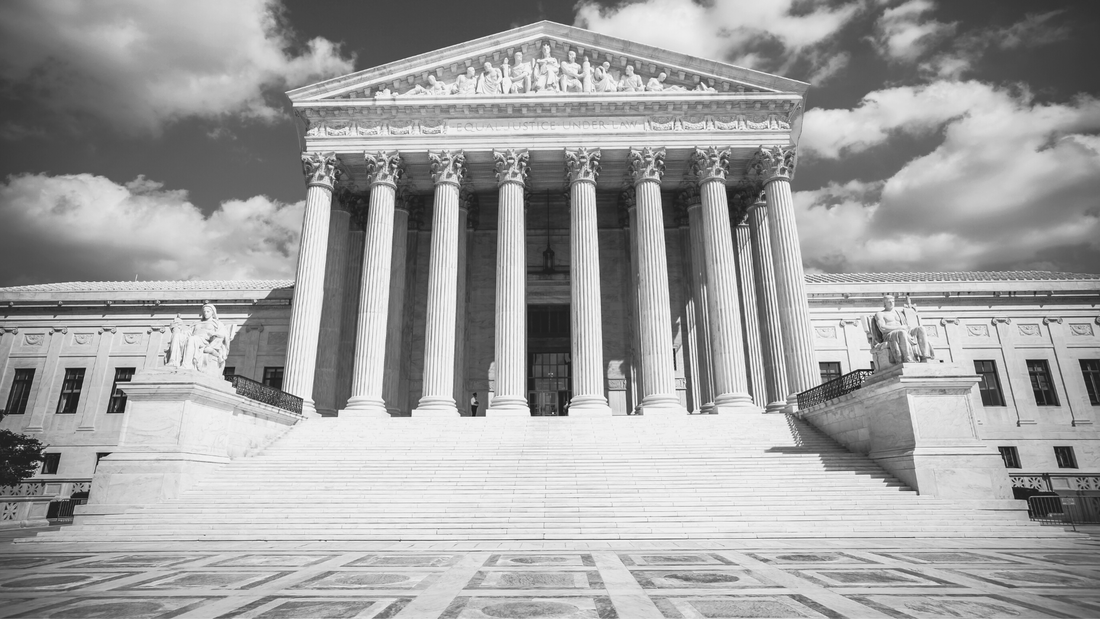

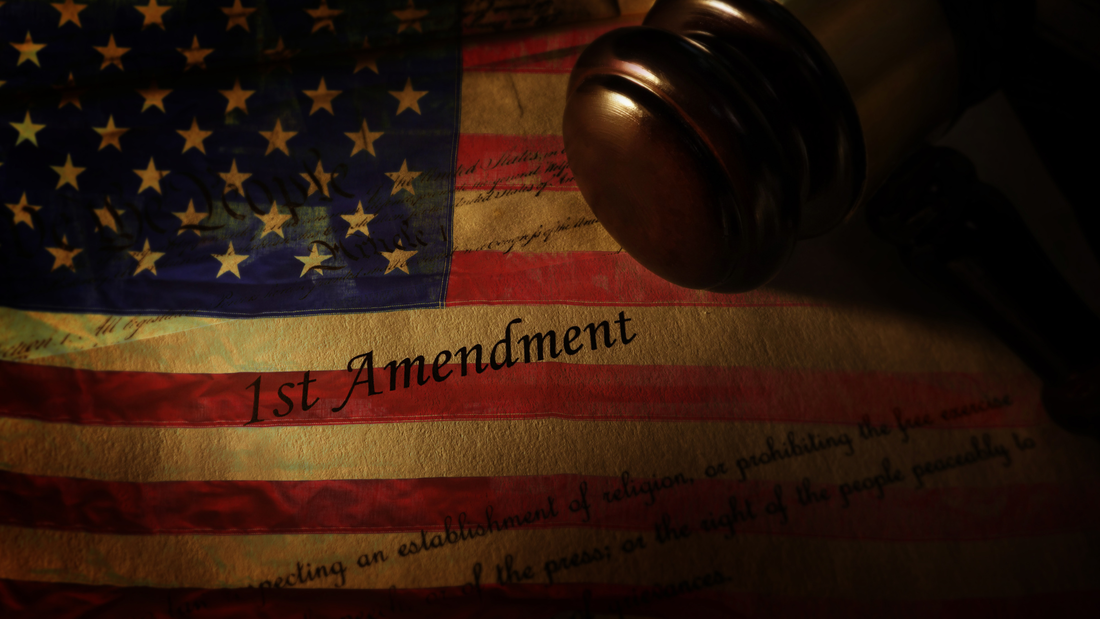
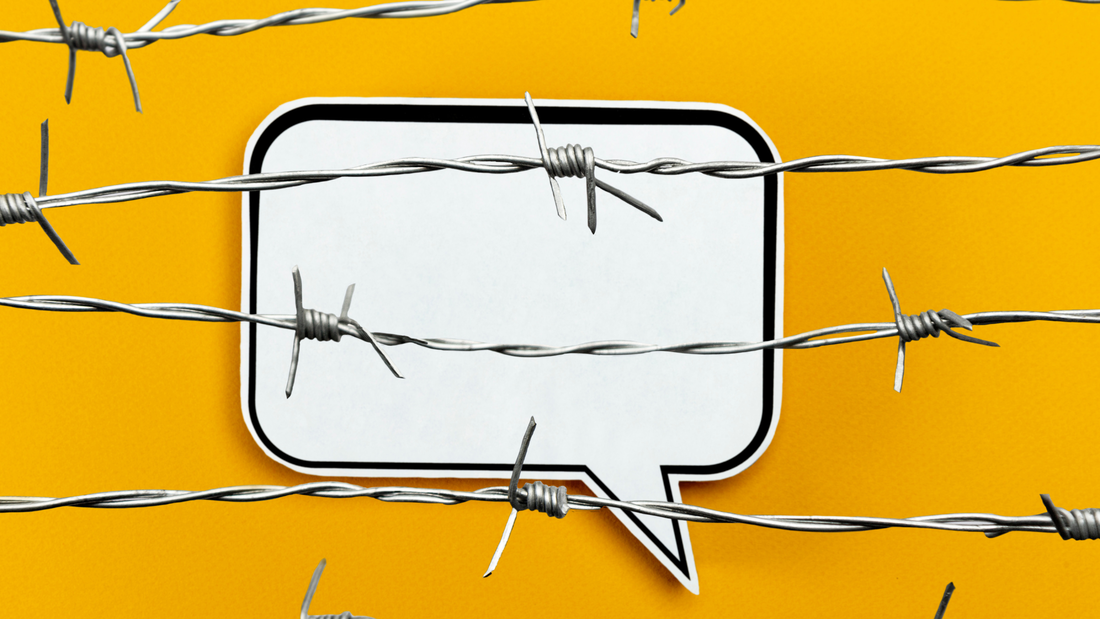
 RSS Feed
RSS Feed